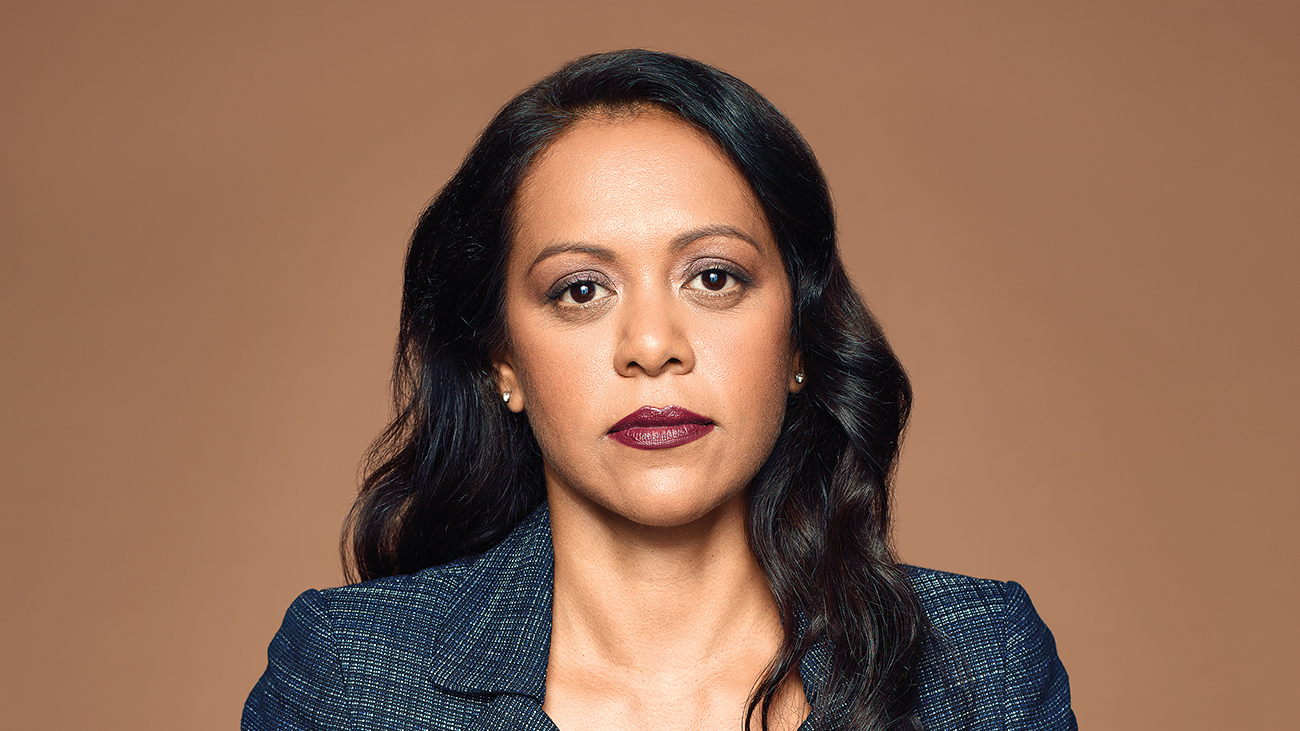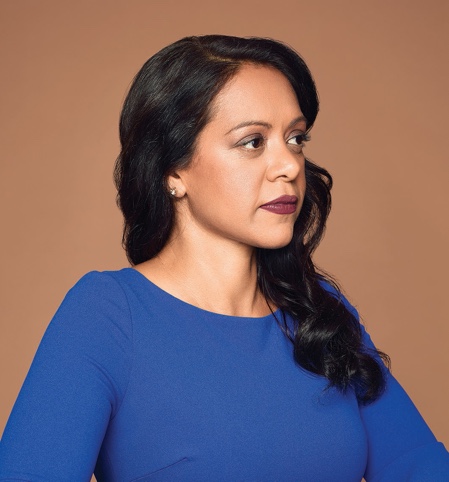
When Rafeena Rashid took a job at the Department of Justice, three years into her legal career, she went in with clear eyes. As a lawyer with the immigration law division, she would have to argue for the deportation of certain refugee claimants. At first, this didn’t pose a problem: she accepted that the refugee system requires a healthy vetting process and that, in some cases, claimants lack credibility. But over time, the work wore on her mind. “The main problem was that I almost never met any of the claimants,” says the 46-year-old. “They were just names on a piece of paper, so I had a hard time seeing them as real people. I felt like I was losing part of my humanity.”
So in 2016, after six years at the DOJ, she quit. And she took her colleague Jelena Urosevic with her. Together, the two women launched Rashid Urosevic LLP in the heart of downtown Toronto. These days, they work on behalf of immigration and refugee claimants. They meet with them, hear their stories and help them build a home in Canada.
PrecedentJD sat down with Rashid to find out how she pulled off such a sharp turn in her career.

Rafeena Rashid, partner, Rashid Urosevic LLP
Year of call: 2008
I’m pretty sure I understand the basics of starting a business: you rent an office, build a website, print business cards, open the necessary bank accounts. But how did you find clients?
Once we gave notice at the DOJ, we asked all the lawyers we had spent six years opposing in court to send us work. And since we had good reputations — we were pretty reasonable counsel to go up against — that’s exactly what happened.
Who are your typical clients?
On the immigration side, we represent anyone who wants to come to Canada to travel, study or to immigrate permanently.
As for refugees, most of our clients are from the Middle East. We’ve represented Syrians escaping the civil war, Egyptians fleeing the military dictatorship and Jordanians who’ve converted from Islam to Christianity and now face religious persecution.
Walk me through a typical refugee hearing.
When I appear at a hearing before the Immigration and Refugee Board, my first job is to prove that my client is fleeing genuine persecution. Which means I also have to demonstrate that my client is truthful. To accomplish that, I have to present documents to support the testimony.
And if you prove all that?
Next, the board will want to know: Does the claimant have to settle in Canada? Is there some other part of the claimant’s country of origin that would be safe? It’s my job to show that my client has no option to safely return home.
Tell me about an early case that sticks out in your mind.
I had this one client from Saudi Arabia, a divorced woman with a young daughter. Under the Saudi guardianship system, a male relative has to approve every decision a woman makes. My client’s family wouldn’t allow her to have a driver to get to work. And they wouldn’t let her have an apartment. She was forced to live on the family compound, where she was beaten by relatives.
The fact that she was able to get out of Saudi Arabia was miraculous. She had come to Toronto with her daughter on a visitor’s visa. And she worried that if she returned home, she would be beaten to death.
In the end, my client and her daughter could both stay in Canada. After the hearing, the board member actually came over and gave her a hug. And since that day, her life has completely changed for the better.
Cases like that must be deeply rewarding.
They feel incredible. I’m an immigrant myself. I moved to Canada with my parents from Guyana. So I understand that when people leave their home, they don’t make that decision lightly. No one picks up everything, on a whim, and leaves the familiar to go to a place with a different culture, where you don’t speak the language. They are looking for something better.
Timeline of a refugee lawyer
1974: At three years of age, Rashid emigrates from Guyana — where she was living with her aunt and grandparents — to Toronto, joining her parents, who have already settled in the city.
The ’90s: Rashid earns an undergraduate degree in political science at the University of Toronto and then starts working in administration at a jewellery company.
2000: Rashid pursues a masters of arts in legal studies at Carleton University as a part-time student.
2004: With her MA in hand, Rashid decides to become a lawyer. She enrols in the faculty of law at Osgoode Hall.
2008: After she gets called to the bar, she stays in Toronto and works for Steven Stauffer, a solo criminal-defence lawyer. “The work wasn’t feeding my soul,” she says. “In that field, I’m more Crown-minded than I am defence-counsel-minded.”
2010: Rashid goes to work for the Department of Justice.
2015: Five years into that job, Rashid travels to Havana for a vacation and some soul searching. When she returns home, she’s made up her mind: it’s time to leave the government.
2016: Along with a colleague, she launches Rashid Urosevic LLP. They open for business on October 1. “The first week, we thought we would just be easing into things, but immediately, we got calls for consultations,” says Rashid. “We got our first client in mid-October. From there, they just kept coming in.”

This story is from the 2018 edition of PrecedentJD Magazine
Photography by Shalan and Paul
Hair and makeup by Michelle Calleja
